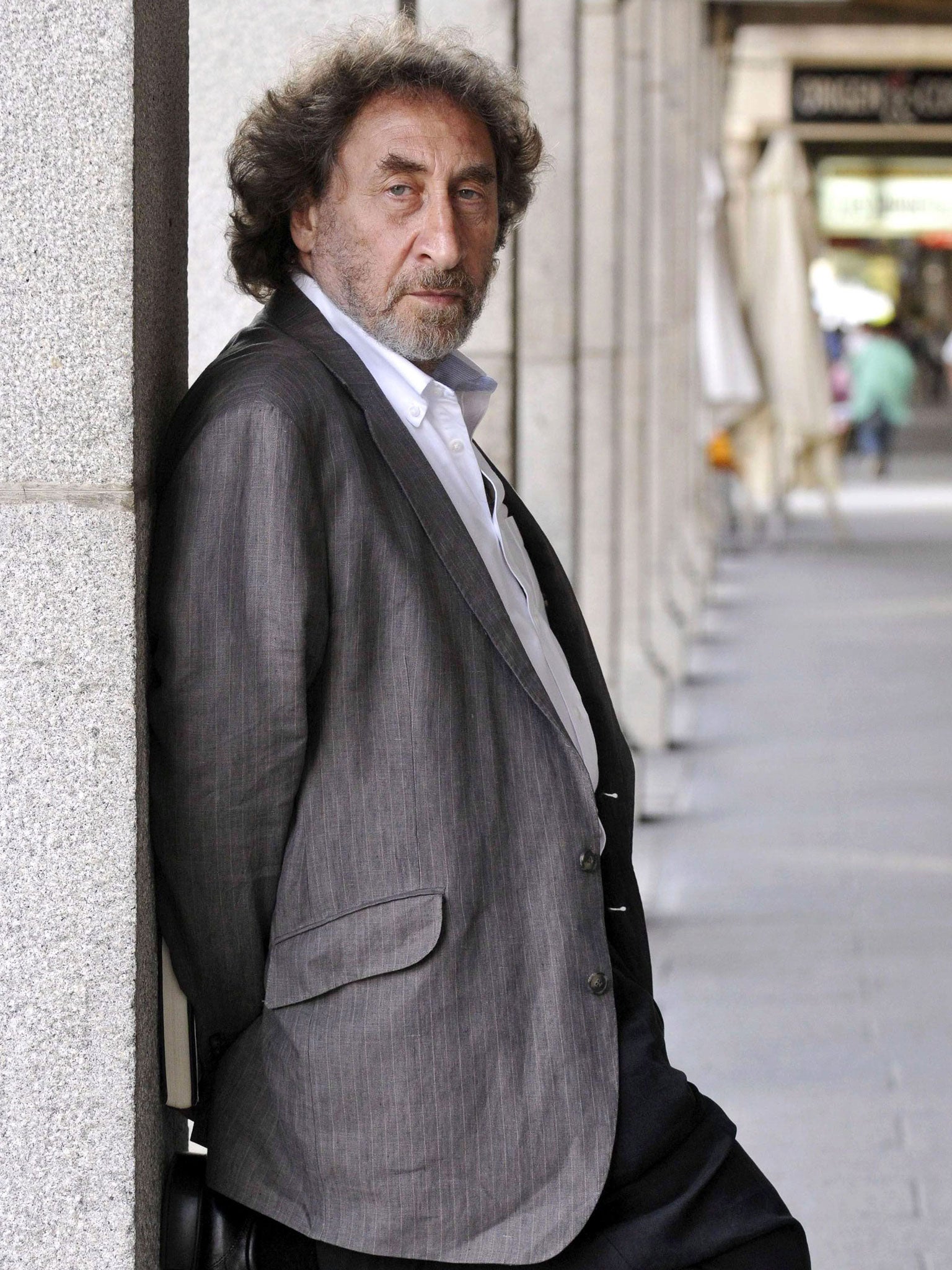Howard Jacobson takes on ‘anti-Semitism’ in rewrite of Shakespeare's 'The Merchant of Venice'
Writer will re-examine the characterisation of Shakespeare’s Jewish money-lender Shylock

Your support helps us to tell the story
From reproductive rights to climate change to Big Tech, The Independent is on the ground when the story is developing. Whether it's investigating the financials of Elon Musk's pro-Trump PAC or producing our latest documentary, 'The A Word', which shines a light on the American women fighting for reproductive rights, we know how important it is to parse out the facts from the messaging.
At such a critical moment in US history, we need reporters on the ground. Your donation allows us to keep sending journalists to speak to both sides of the story.
The Independent is trusted by Americans across the entire political spectrum. And unlike many other quality news outlets, we choose not to lock Americans out of our reporting and analysis with paywalls. We believe quality journalism should be available to everyone, paid for by those who can afford it.
Your support makes all the difference.The Booker prize-winning author Howard Jacobson is to rewrite Shakespeare’s most controversial play, The Merchant of Venice, in a bid to tackle its anti-Semitism.
The Jewish writer has vowed to re-explore some of the more debated aspects of the Shakespeare play. Opinions vary over the plays protagonist, the Jewish money-lender Shylock, who seeks “a pound of flesh” from a Christian merchant who is unable to repay him. Shylock loses both his fortune and his daughter at the end of the play, and is forced to convert to Christianity, and historians say that his character was exploited in Nazi propaganda.
Embarking upon the project, Mr Jacobson vowed not to shy away from those central aspects of the text. “Mr Shakespeare probably never met a Jew, the Holocaust had not yet happened, and anti-Semitism did not have a name,” he said. “Can one tell the same story today where every reference carries a different charge?”
He added: “For an English novelist, Shakespeare is where it all begins. For an English novelist who also happens to be Jewish, The Merchant of Venice is where it all snarls up. ‘Who is the merchant and who is the Jew?’ Portia wanted to know. Four hundred years later, the question needs to be reframed: ‘Who is the hero of this play and who is the villain?’ And if Shylock is the villain, why did Shakespeare choose to make him so?”
The signing of Mr Jacobson, who won the 2010 Man Booker Prize for his novel The Finkler Question, is something of a coup for the publisher Penguin Random House – which has also signed the revered Canadian author Margaret Atwood to rewrite The Tempest.
The pair join the British writer Jeanette Winterson who will rewrite The Winter’s Tale and the Pulitzer-winning American novelist Anne Tyler who has signed up to rewrite The Taming of the Shrew.
The novels will be called the Hogarth Shakespeare and published in 2016 to coincide with the 400th anniversary of the playwright’s death.
Other names are expected to be announced shortly. The publisher said the new versions “will be true to the spirit of the original dramas and their popular appeal, while giving authors an exciting opportunity to reinvent these seminal works of English literature”.
The decision to rewrite The Merchant of Venice comes more than a year after Mr Jacobson accused leading actors – including Emma Thompson and the director Mike Leigh – of “McCarthyism” for attempting to block an Israeli theatre company performing a version of The Merchant of Venice in Britain.
“Whoever would go to art with a mind already made up, on any subject, misses what art is for. So to censor it in the name of a political or religious conviction, no matter how sincerely held, is to tear out its very heart,” he wrote at the time.
“For artists themselves to do such a thing to art is not only treasonable; it is an act of self-harm.”
Join our commenting forum
Join thought-provoking conversations, follow other Independent readers and see their replies
Comments